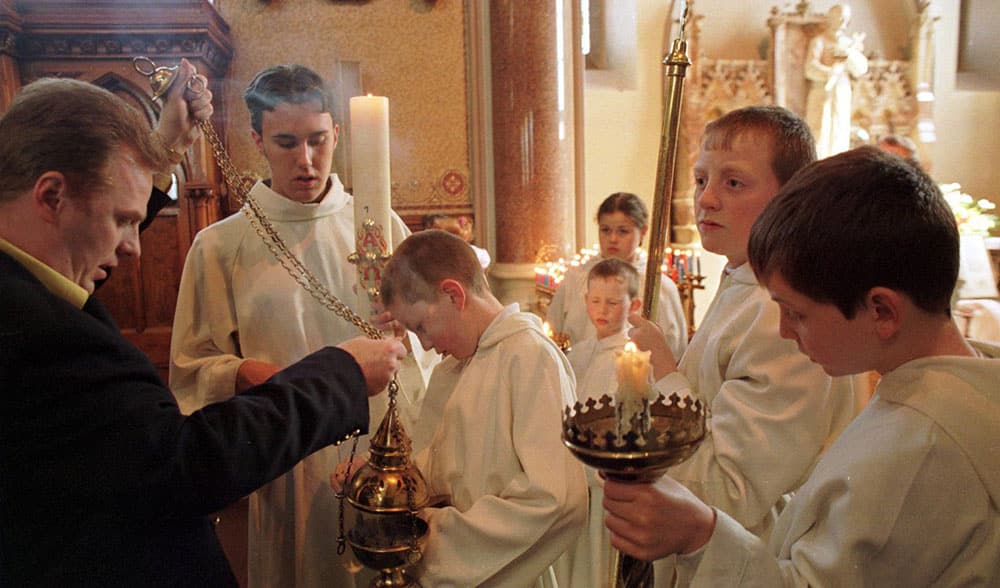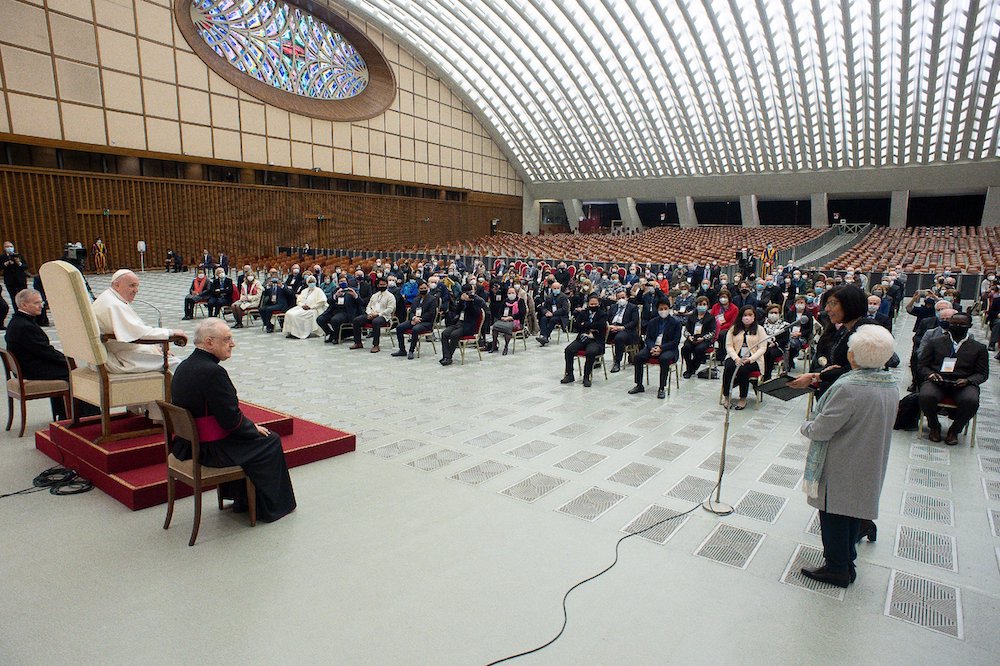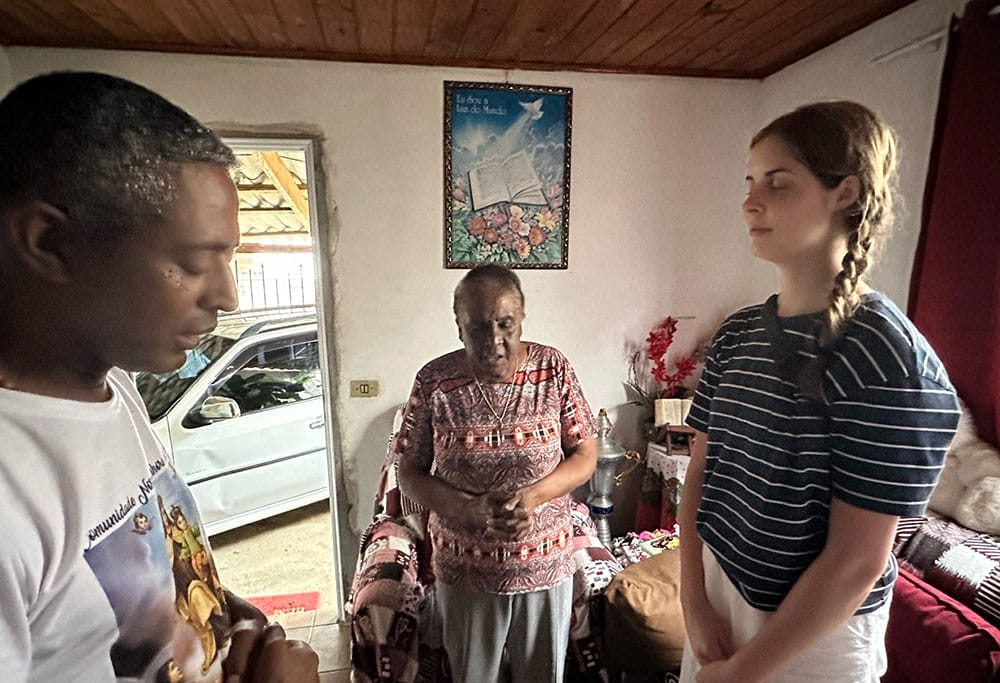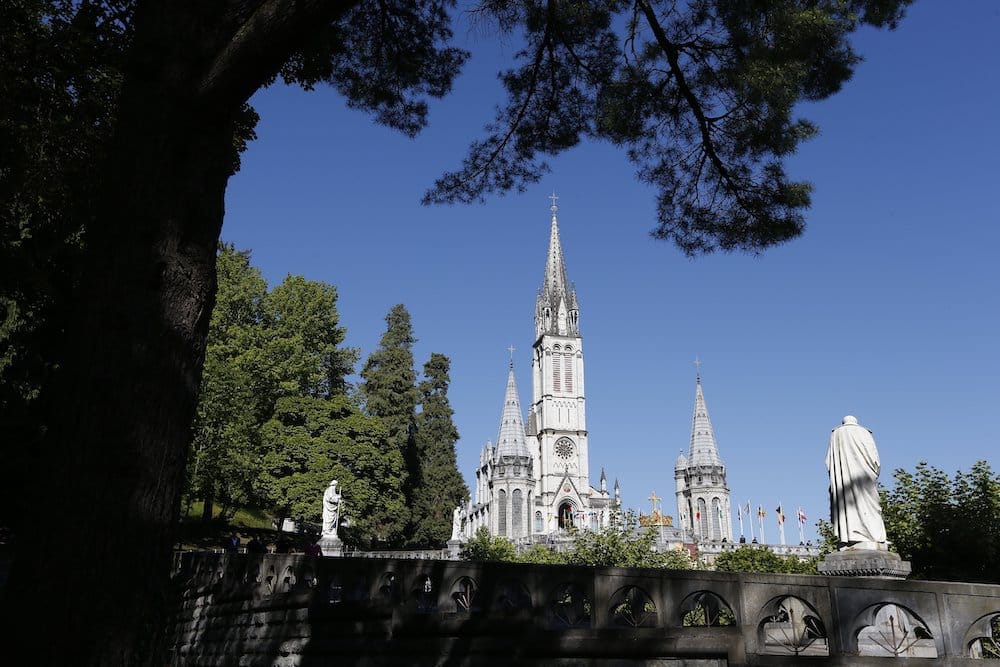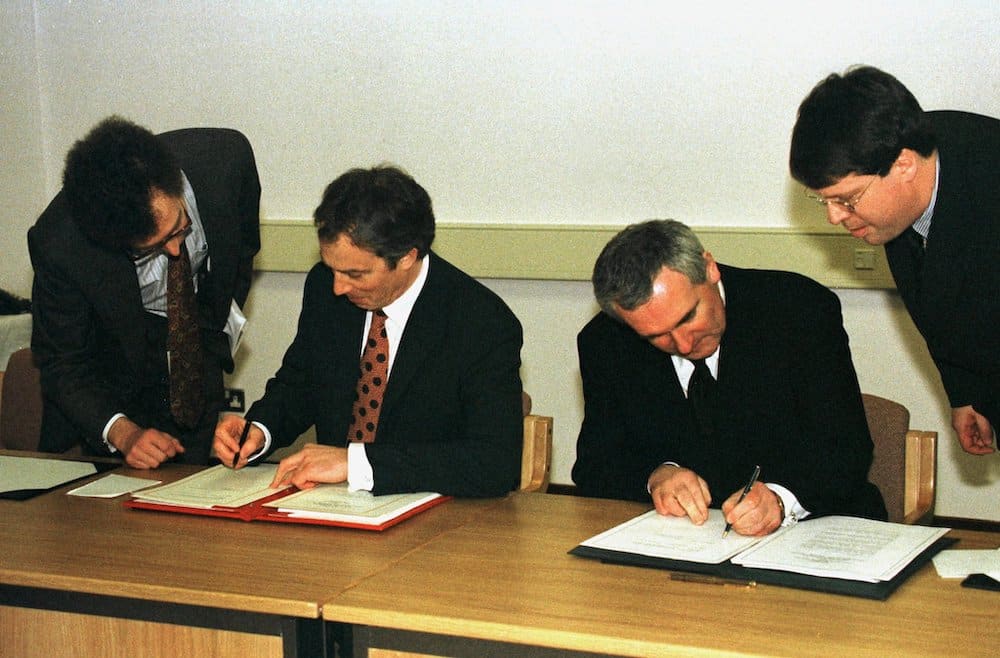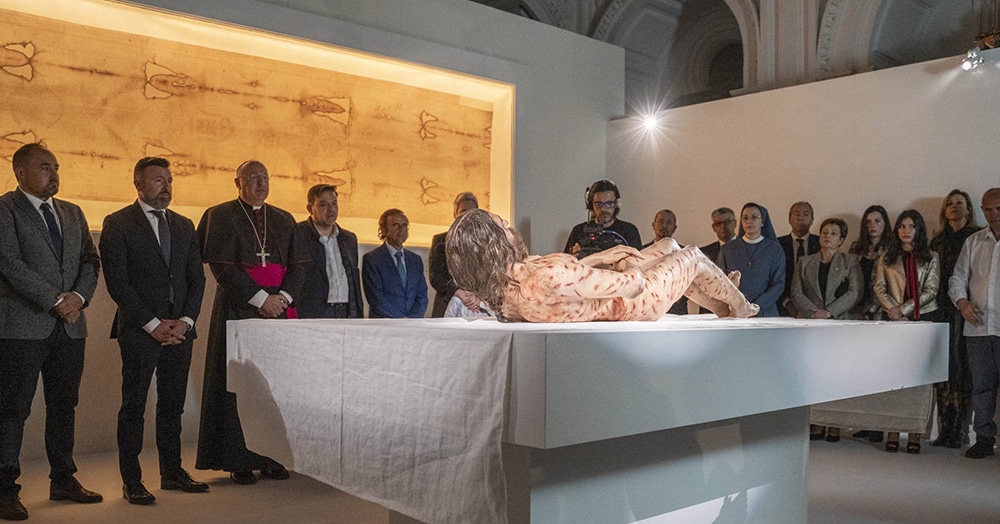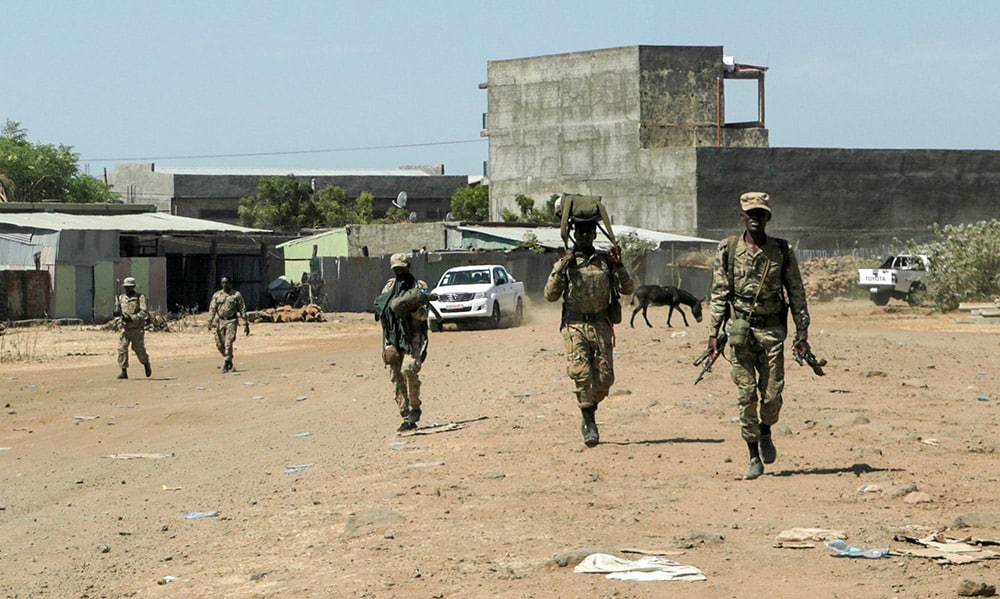As Northern Ireland marks the 25th anniversary of the Good Friday Agreement, the Church, which played a key role in making peace, faces new challenges as a post-conflict generation is carried by the same secularist tide as the rest of Western Europe.
The agreement, signed on Good Friday 1998 (April 10), brought an end to 30 years of bloody sectarian conflict in the region that saw 3,720 people killed and approximately 47,541 suffer life-changing injuries.
The conflict in the region goes back centuries to the British colonization of Ireland and was intensified by the Reformation since many of the new arrivals — known as planters — were Protestant, not sharing the Catholic faith of the native Irish.
But at the heart of the conflict, which culminated in the 1968-98 period of civil strife known as “The Troubles,” was identity and self-determination. The 26 southern counties of Ireland had won independence from Great Britain in the early 1920s. But, the six counties in the northeast became Northern Ireland and remained part of Britain, with the Protestant majority wanting to maintain this relationship and the Catholic minority wanting unity with the rest of Ireland.
The creation of Northern Ireland saw widespread discrimination against the Catholic community, and the region’s first prime minister famously described the legislature as a “Protestant parliament for a Protestant people.”
‘Quite a disconnect’
Against that backdrop, the centenary of Northern Ireland in 2022 saw a significant milestone the original founders of that state felt confident would never happen: The census revealed that, for the first time, more citizens identified as Catholic than Protestant.
But, while Catholics now make up the largest religious identity in the region, priests report that they are not seeing it in the pews.
The result is “not a big surprise,” Belfast-based Father Martin Magill told Our Sunday Visitor when asked about the census finding’s significance to the Church community.
However, he added that there’s “quite a disconnect between what the figures are saying and what’s happening on the ground.” The high numbers on paper are not being reflected “in the number of those coming through the door on Saturday evening or Sunday morning,” Father Magill said.
“We’re not seeing it in the number of people volunteering, particularly since COVID-19. It’s not translating into people coming to the church.”
“We need to be reaching out to these people,” he urged.
A path toward peace
However, Father Magill, the parish priest of St John’s on the Falls Road in Belfast, warned that there is a “real piece of work to do” for faith formation.
Father Magill pointed to the difficulty around preparation for the sacraments. Parishes have moved away from having one “big day,” but are still finding that parents and children are not coming back to church after.
For Bishop Donal McKeown of the Diocese of Derry, the 1998 Good Friday Agreement “offered the hope of a better future. … And, thankfully, the last 25 years have been marked by signs of growth rather than destruction,” he told Our Sunday Visitor.
However, the prelate is also conscious that the role of faith can be marginalized by secularism. Of the peacemakers, he observes, “Many of these men and women acted from a deep personal religious conviction that reconciliation is possible.
“Peacemakers may have been blessed by Jesus — but many of them had to face hatred and attacks from those who had espoused violence. They often had to cope with injustice, hatred and attacks on personal Good Fridays. But they kept going with faith in resurrection,” he said.
Like Father Magill, Bishop McKeown also sees that the identification of Catholicism with nationalist sentiment is not helpful.
The agreement, he said, “acknowledged that the core problem in Northern Ireland was one of national identity. After 30 years of what was portrayed as a ‘sectarian war between Catholics and Protestants,’ the Good Friday Agreement offered a political solution to what was essentially a political problem.
“It worked on the starting point that the problem was not a theological war between Protestants and Catholics with the British government as a peacemaker,” he said.
The role of the Church
But, if the job of the Church in the past was to build peace, Bishop McKeown sees the current role of faith communities as challenging politicians to offer a better future.
“Churches are not merely some relic of a painful past,” he said. “They continue to be remarkably active social glue, building both bonding and bridging capital. … The relative decoupling of religious and political identities gives the Churches a shared freedom to ask uncomfortable questions about what sort of future we are creating for our children.
“Much ink will be spilled on the merits and demerits of a united Ireland,” Bishop McKeown continued. “But in the churches we are in, the happy position of being able to ask, not what new structures might emerge on the island, but what sort of society we believe is possible for the people of this island.
“If all politicians offer is changed or stabilized political borders, they have little to offer. If politicians can only argue over how to divide up the economic cake, they are glorified and vision-less penny-pushers and not hope-making leaders,” he said.
“In the long term, it is only a depressing future that will be built on the shaky foundations of lonely individualism and heartless consumerism,” the bishop warned.
Michael Kelly is Editor of the Dublin-based weekly newspaper The Irish Catholic.

